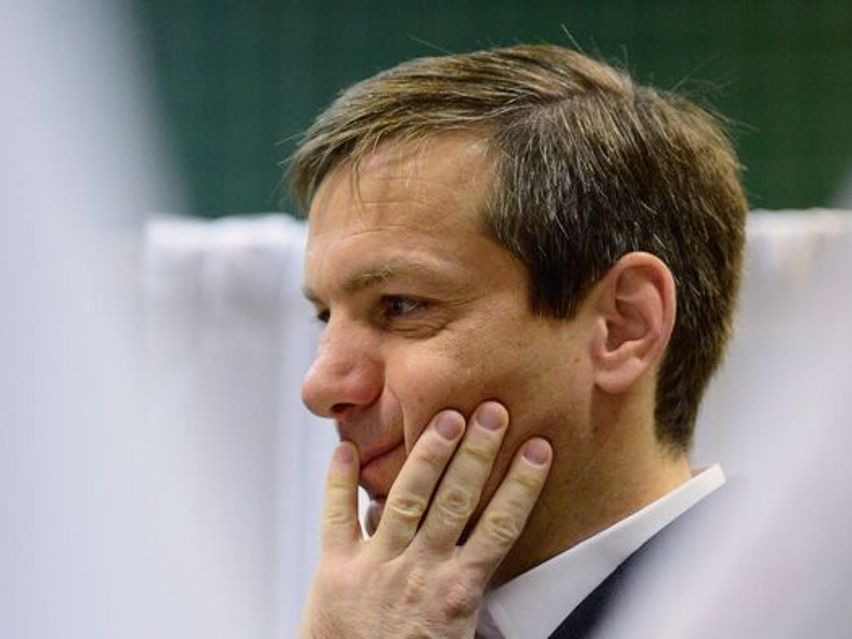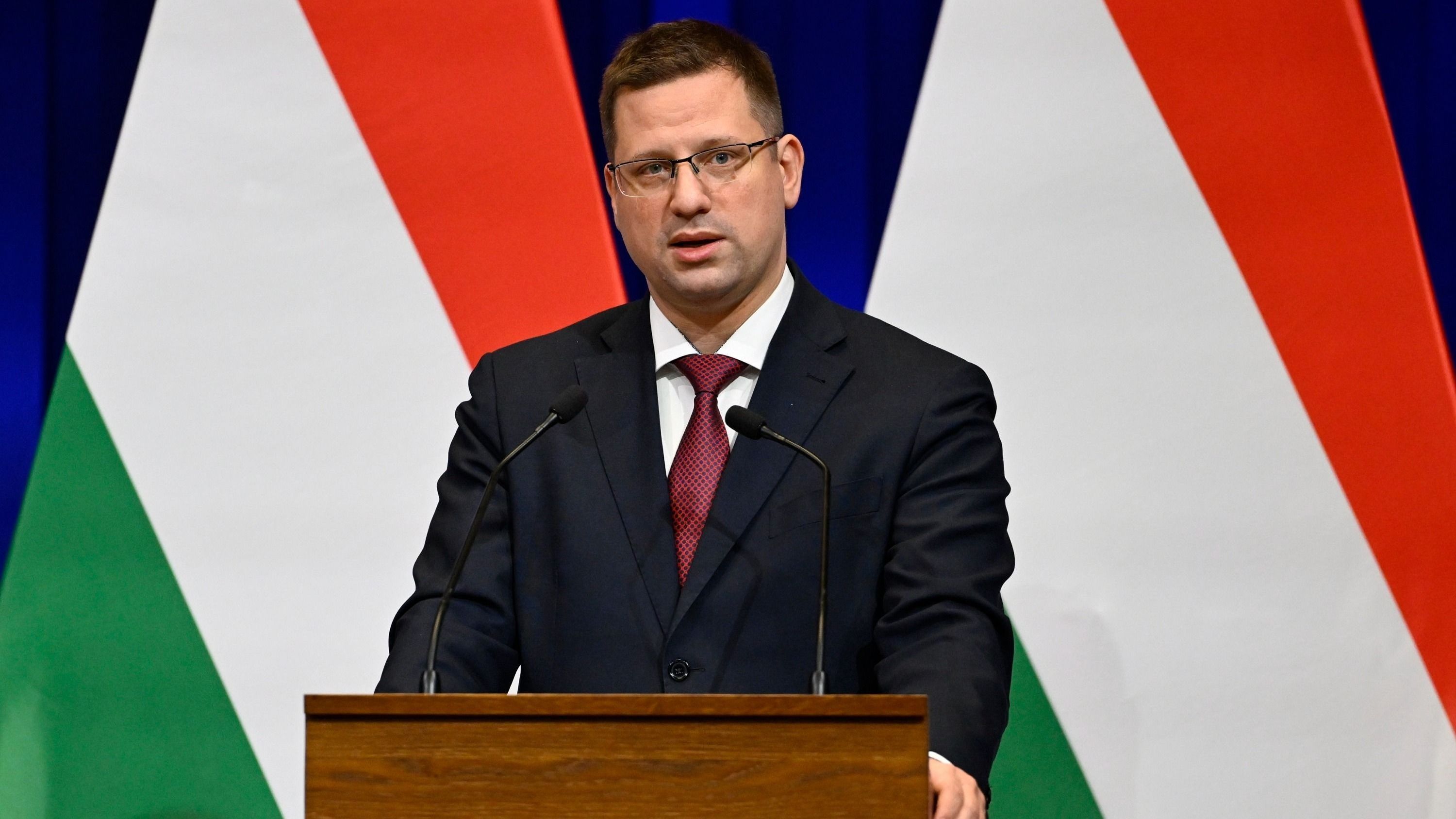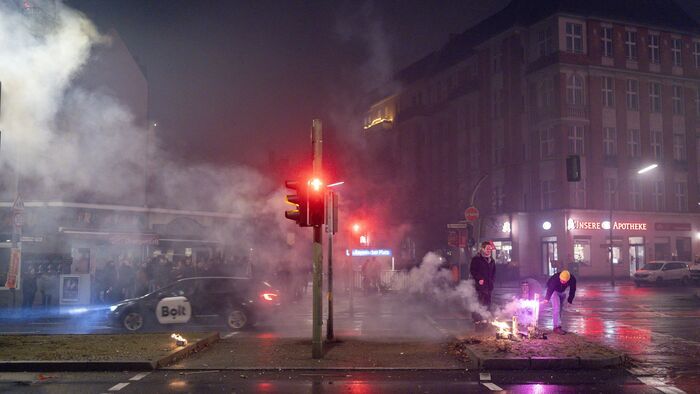In an unprecedented move for an EU country, Sunday’s parliamentary elections in Hungary and the referendum that was held simultaneously were closely monitored by a full-scale observation mission of the Organisation for Security and Co-operation in Europe (OSCE), and more specifically its Office for Democratic Institutions and Human Rights (ODIHR) and its Parliamentary Assembly. There were 316 observers from 45 countries in all, including 221 ODIHR experts accompanied by observers who came for varying lengths of time (observation began several weeks before the elections and is scheduled to end ten days afterwards, in particular to monitor the processing of election complaints), as well as 95 parliamentarians and staff of the OSCE’s Parliamentary Assembly.
Why such a mission?
The reason for such a mission was that the opposition’s six-party coalition that faced the government coalition (Fidesz-KDNP) in these elections had requested it. It argued that there was a real risk that these elections, called after twelve consecutive years with Orbán as the country’s leader (which is still four years less than Angela Merkel in Germany), would not be free and fair. However, it could be that it was just meant to make us think exactly that: since an OSCE observer mission is needed, there must be a problem with democracy in Hungary, right? Unsurprisingly, the Hungarian opposition’s request for an observer mission was actively supported by some 60 members of the European Parliament, an institution that is dominated by a leftist-liberal majority whose highly negative views of Viktor Orbán’s Hungary are all too well known.
To show it had nothing to hide, the Hungarian government thus invited the OSCE to send its observers.
A complementary observation mission mounted by conservative organisations
Fearing that the OSCE observer mission might lack impartiality towards Hungary, several European conservative organisations then decided to send their own observers. At the invitation of the Alliance for the Common Good, Polish, Bulgarian, Croatian, Ukrainian (the latter being absent at the time of the vote) and Spanish observers (from the organisation Abogados Cristianos) were sent by the Institute for Legal Culture Ordo Iuris, a Polish association of pro-family and pro-life lawyers that is very active in Poland and with international institutions. Other member associations of this conservative alliance also sent observers. These included the American organisation Judicial Watch, the Italian think tank Nazione Futura, and the Czech NGO Pro Rodinu. Also present were three observers sent by France’s Observatoire du Journalisme. Although smaller than the OSCE mission, this mission, which was also present before and after the elections, was able to visit a few hundred polling stations throughout the country on Sunday, 3 April, and also to witness the counting of votes sent by mail (by “external Hungarians”, i.e. members of Hungarian minorities living beyond the borders of present-day Hungary) as well as those cast at the ballot boxes on 3 April.



















Szóljon hozzá!
Jelenleg csak a hozzászólások egy kis részét látja. Hozzászóláshoz és a további kommentek megtekintéséhez lépjen be, vagy regisztráljon!